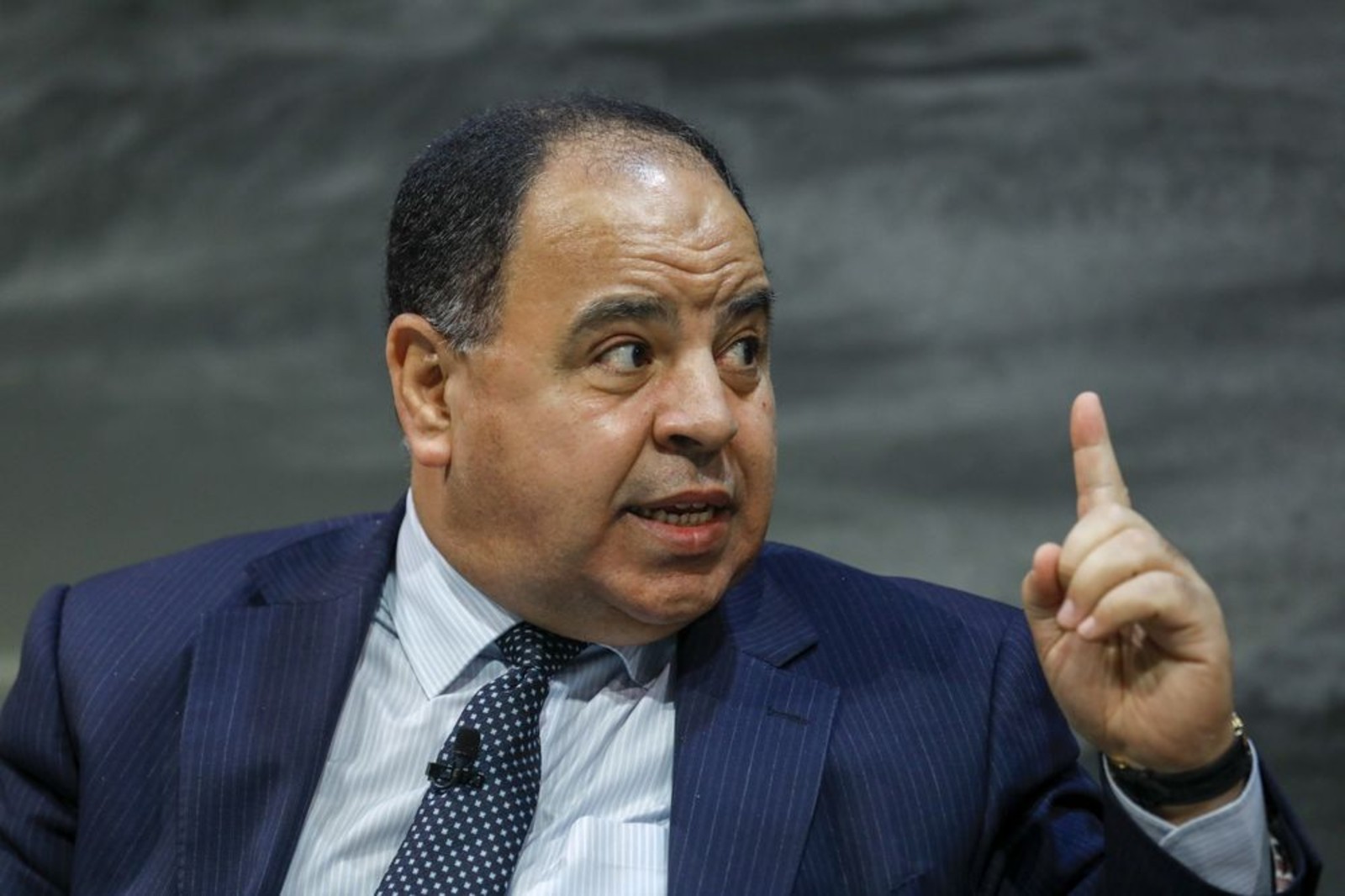Maait warns of global food crisis, says talks with IMF going “very well” –FT interview

Surging food prices on the back of the crisis in Ukraine could put “mns” at risk around the world, Finance Minister Mohamed Maait told the Financial Times in an interview in London. Coming during the British Egyptian Business Association’s trip to the UK last week, the minister warned of rising food insecurity — a theme the UN, World Bank and G7 have hit in recent days. “We will feel shame if we find that mns of people [around the world] are dying because of food insecurity. They are not responsible for that, they didn’t do anything wrong,” he said.
No recession at home: Maait ruled out that Egypt would see a recession this year. “The issue of going to recession, I’m ruling [it] out,” he said, adding that Egypt was among the few countries to avoid recession during the pandemic. The government recently cut its 2022-2023 GDP outlook to 4.5% from 5.5%, but few economists right now are expecting the Egyptian economy to contract due to the global crisis.
REMEMBER- A recession is two (or more) quarters of economic contraction — NOT two or more quarters during which the economy grows, but at a slower pace than before. The latter is a slowdown in growth, not a recession.
Negotiations with the IMF for a new program are going “very well,” but neither the government or the Fund have put forward a figure, Maait said. Egypt has been in talks with the global lender of last resort for several months to receive a new assistance program to help it mitigate the fiscal strain and balance of payments pressures caused by spillover effects from the war in Ukraine. Prime Minister Moustafa Madbouly said last week that it could still take months before an agreement is reached, while central bank chief Tarek Amer said Egypt would only receive a limited amount of funding due to already exceeding its quota.
The government still plans to “rationalize” bread subsidies, but it will do it “over a gradual basis,” Maait told the salmon-colored paper. “So as long as the cost of bread and the cost of producing bread increases, so the cost of subsidy on the budget increases . . . It cannot go like that,” he said. The prospect of lifting brea subsidies was first put forward last year by President Abdel Fattah El Sisi, before the war in Ukraine sent shockwaves through global food markets.
The crisis means that Egypt is going to need to spend more on subsidies in FY 2022-2023. The state expects to spend EGP 356 bn on subsidies in total, up 11% on last year, due to rising food and energy prices, according to the draft budget.
MEANWHILE-
President Abdel Fattah El Sisi signed off a law to increase allocations in the 2021-2022 state budget by EGP 6 bn to help Egypt meet debt repayments, state-run MENA agency reported. This comes a week after the MPs voted in favor of the bill.